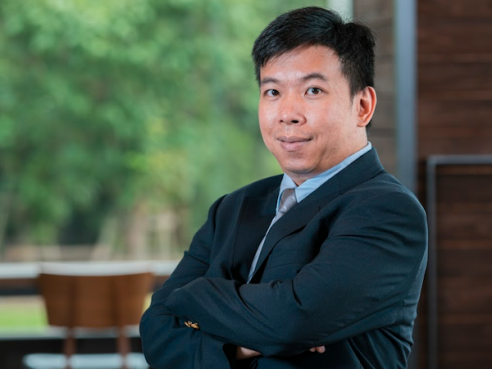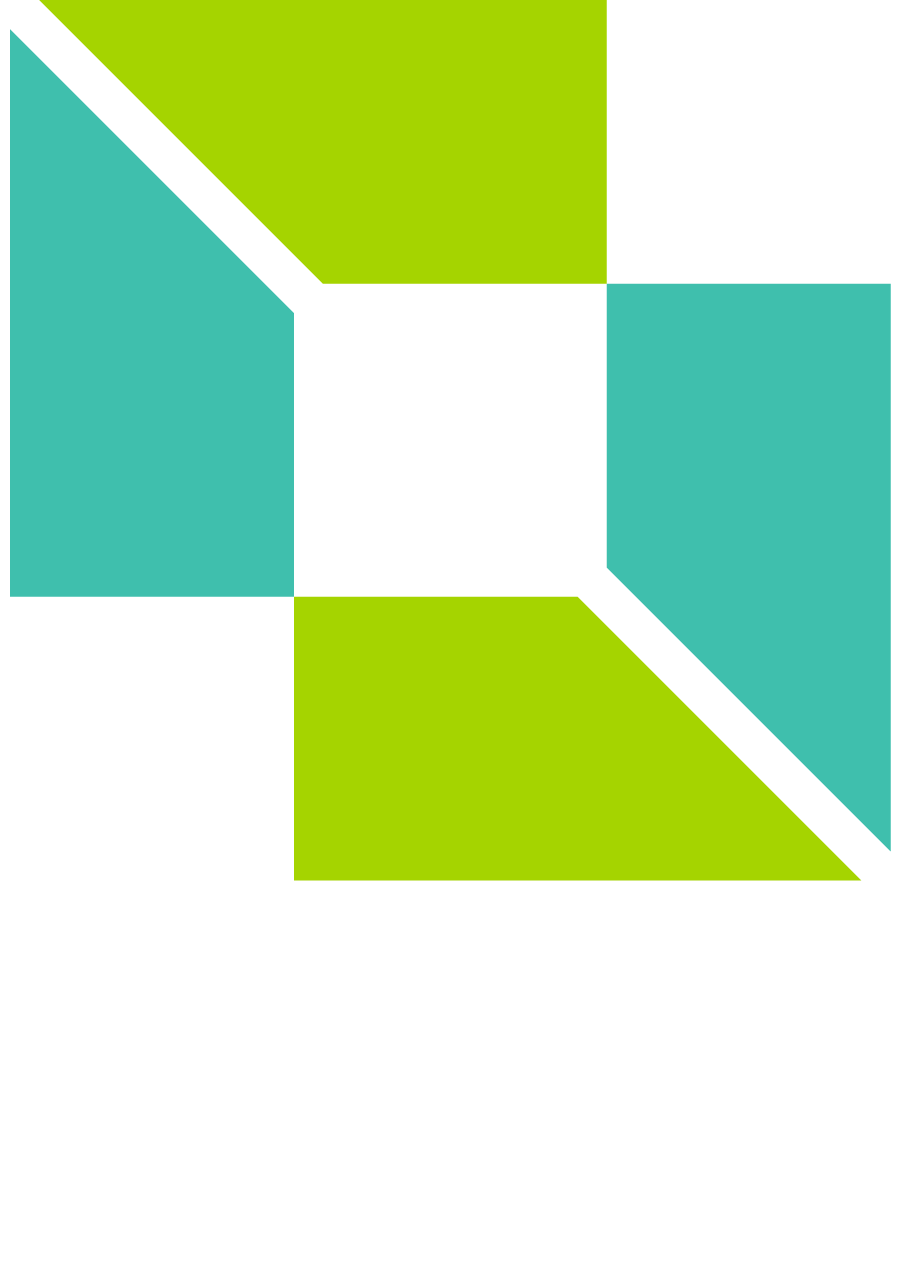Faculty Interview: Kuok Kei Law

Kuok Kei Law, Ph.D. City University of Hong Kong
We took some time out to catch up with Dr. Kuok Kei (Eddie) Law on campus.
He often receives high evaluation from his students for his engaging lessons, and recently won the Case Award at the AAPBS Conference. Living here with his family, and an avid football fan, we asked him about his time so far at NUCB.
Eddie received his Ph.D. from the City University of Hong Kong in 2011. Prior to joining the NUCB Business School in 2019, he was a Lecturer and an Assistant Professor at the Open University of Hong Kong for nine years. His primary research interests include knowledge management and human resource management. His work has appeared in internationally renowned journals such as Human Resource Management Review, the Journal of Knowledge Management, and the European Management Journal.
Dr. Law currently teaches Organizational Management, Stakeholder Management, Knowledge Management, Business Succession Planning on the Global BBA Program.
What attracted you to become a faculty at NUCB?
In short - the confidence given by NUCB to my academic career.
As I was considering the job offer, the recruitment team and the top management of NUCB kept providing me with detailed information and rigorous support in relocating from Hong Kong to Japan. NUCB's support represents a strong vote on my academic career and future development, and I have been here for almost 4-years.
For someone that has never heard of the case method, how would you describe it? What type of person would succeed?
It is like the concept of a flipped classroom.
Traditionally, students study concepts and theories in the classroom and then apply them in take-home assignments and exercises. In the case method, we do the opposite - students study the concepts and theories at home, and then are guided to reflect and discuss the implications, applications, and limitations of those concepts and theories through real-life cases. Students who can be self-motivated to prepare their studies and then enjoy expressing and testing their ideas are more likely to be successful at NUCB.
What has been your favorite case to use and why?
One of my favorite cases is about LEGO. Firstly, I am a kidult and I like toys - so I particularly like cases involving toys.
Second, it is a knowledge management case, which is my key research area and the LEGO case covers several topics such as knowledge creation, knowledge sharing, and knowledge protection. Finally, the conclusion that students are likely to reach at the end of the discussion would be rather assumption-challenging.
Why should students learn about knowledge sharing - why is it important in today’s age?
The major production factor in modern businesses is knowledge and information. Knowledge sharing determines whether this critical production factor has been effective and efficient.
Yet, knowledge is unlike the traditional production factor in that it will become both more valuable and less valuable at the same time when it is shared.
What was the biggest takeaway from COVID-19 that companies should implement in their practices going forward?
I think it is about the well-being of people, including primarily the companies’ employees. COVID-19 has threatened both our physical and mental health. It made us rethink what is the most important in our life and work - productivity? Career development? Happiness? Health and family?
What are some of the skills students need to acquire as a student to be successful after graduation? How does the Global BBA / Case Method help them?
The case method can equip students with important soft skills such as critical thinking, problem solving, perspective taking, and presentation and negotiation. I believe these are some of the skills that make modern employees successful.
Can you tell us about your current research topics?
Recently, I am interested in researching people’s subjective perceptions of time and how this would affect their work behavior and achievements. Relatedly, I would like to examine also the topic of time diversity - is faster always the better?
What do you love to do/eat in Nagoya
I like playing football (soccer). I joined the adult training school of the J-league team Nagoya Grampus, and I was also a member of a futsal team with some of my former students. Football is my major hobby, not only in Nagoya, but probably anywhere in the world. To me, this is not only a sports interest but is also a world language, a lifestyle, and a way to keep my physical and mental health.

 Download
Download
 Infosession
Infosession
 Application
Application
 Open Campus
Open Campus

